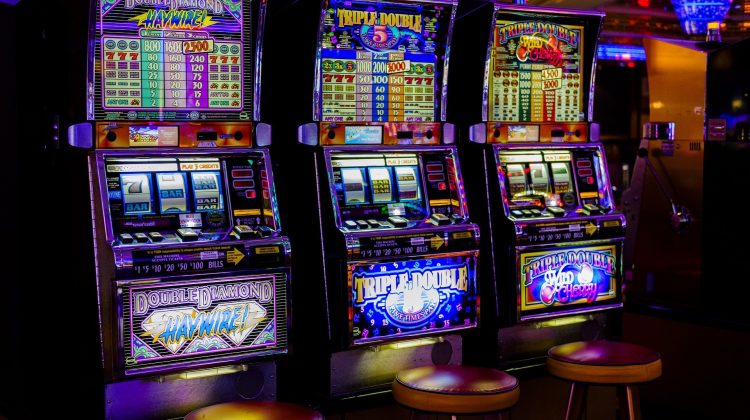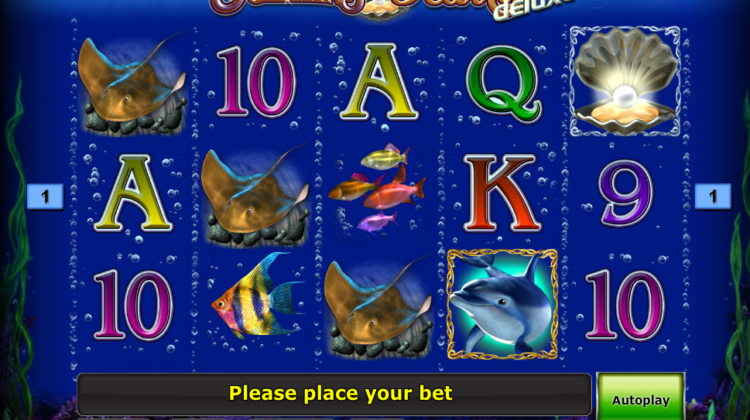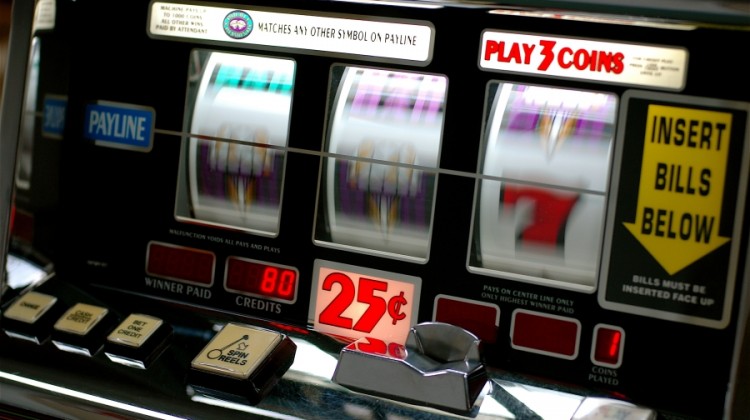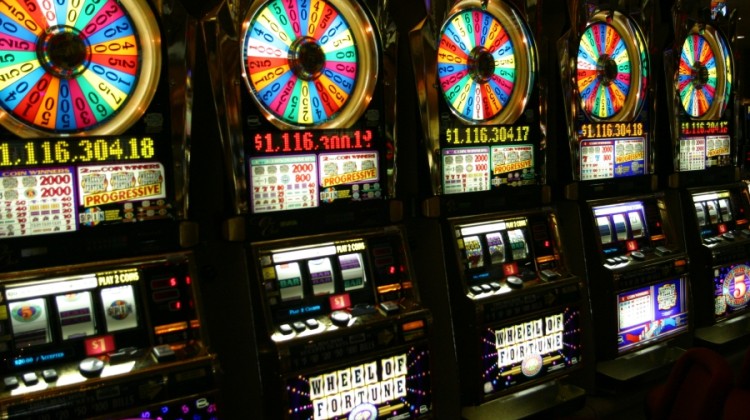On April 6, 2010, the French Parliament passed new legislation to regulate online gambling and betting services. This new law consists in ending the state monopoly on on-line gambling thus enabling private operators to offer their online poker, sports and horse racing betting and gambling services through a licensing procedure. The main purpose of this law is to have transparent, reputable and honest operators providing players with a safe and secure online gambling and betting experience.
Although this e-gaming law was referred to the French Constitutional Council on April 13, 2010 for a control of its constitutionality, the French Constitutional Council upheld the entire law in a decision dated May 12, 2010, considering that (i) it was not competent to assess compliance of the new law with EU rules; (ii) the opening up to competition of on-line gambling services is regulated since it is subject to a prior licensing procedure carried out by a regulating authority; (iii) the prohibition, exception and exclusivity principles justifying the state monopoly on on-line gambling are not fundamental principles acknowledged by French republican laws that could be raised as grounds to the unconstitutionality of the law; and that (iv) the law does not disregard public interests since a regulating authority shall grant licenses and that measures have been adopted to hunt down misdemeanours, combat gambling addiction and money laundering, and regulate advertising on the legal offer of on-line gambling.
Following this decision, the e-gaming law was promulgated on May 12, 2010. The implementing decrees as well as a ministerial order approving the required specifications issued by the regulating authority in view of the private operators’ applications for the license were also all published on May 12 and 14, 2010. Therefore, the legal framework necessary for the opening up to competition of on-line gambling services is now set, although some e-gaming actors regret that the new law seems to ignore the cross border nature of the market forcing well-established EU operators to comply with French requirements and constraints and exposing players to unregulated non-EU operators.
The new law entered into force just in time before the launch of the FIFA World Cup in South Africa on June 11, 2010. To date, about a dozen applications have already been filed.
For more information please contact Bertrand Liard (bliard@whitecase.com) or Clara Hainsdorf (chainsdorf@whitecase.com).
This article is provided for your convenience and does not constitute legal advice. It is prepared for the general information of interested persons. This article should not be acted upon in any specific situation without appropriate legal advice, and it may include links to websites other than the White & Case website. White & Case LLP has no responsibility for any websites other than its own, and does not endorse the information, content, presentation or accuracy, or make any warranty, express or implied, regarding any other website.
By White & Case
White and Case is one of the top International Law Firm with 36 offices in 25 countries around the world. White and Case law firm has the expertise and represent in almost all areas of law from international arbitration and cross – border transactions to local US and English laws.













No Comment